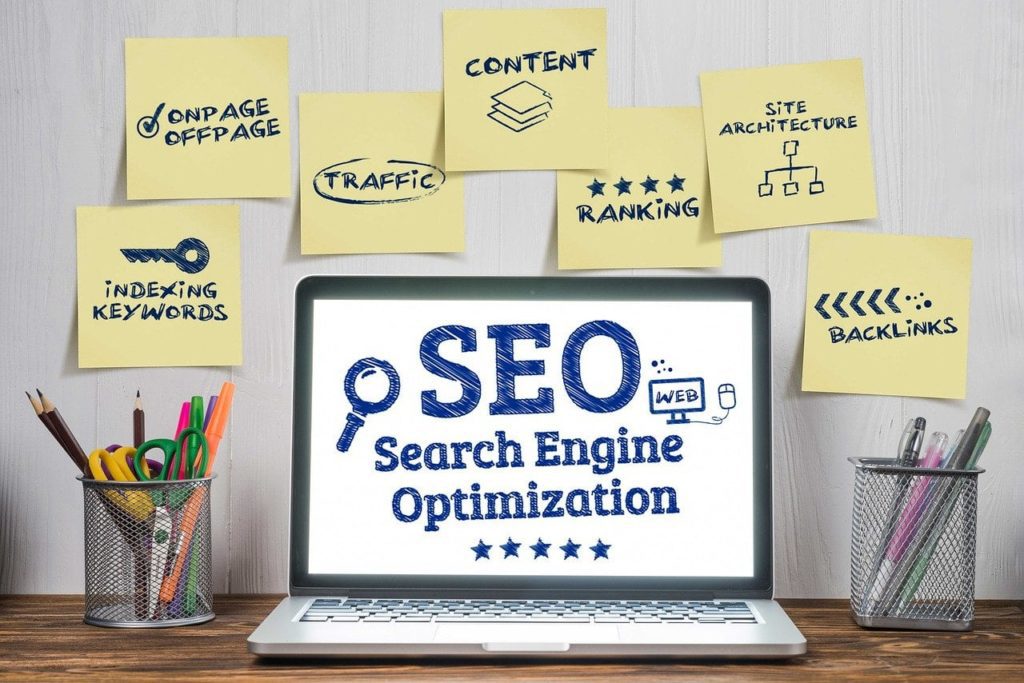Digital marketing and search engine optimization (SEO) are terms that are considered by many people engaged in online businesses. Most people think that they are synonymous. The fact is they are not the same but there are similarities between the two.
What is SEO?
First, let us understand the meaning of SEO.
If you are engaged in digital marketing, you know what SEO is. In reality, SEO is part of digital marketing. It is a collection of best practices and tools that help websites rank higher in search engine results pages (SERPs). SEO’s objective is to increase organic visits to websites from search engines. SEO selects keywords and phrases that are often used by people looking for information, products, and services online.
What is digital marketing?
Digital marketing is a marketing process, similar to traditional methods. It is different because it uses digital tools instead of traditional mediums like newspapers, magazines, radio, billboards, television, and other printed materials, such as direct mail.
Digital marketing employs tools such as content marketing (videos, articles, and blogs), social media marketing, search engine optimization, and search engine marketing. Digital marketers can also use affiliate marketing, mobile marketing (ads that specifically target mobile devices), pay-per-click advertising, and email marketing. If you need help with digital marketing and SEO, check out https://www.klatch.co.uk.
Differences between digital marketing and SEO
- SEO is a digital marketing tool. A website needs to be optimized before you can start marketing it.
- SEO brings organic (free) traffic to a website. Digital marketing, on the other hand, spends money to generate traffic.
- Optimizing a website means the company pays an SEO specialist a monthly salary.
- Digital marketing spends money on advertising on social media platforms, on search engine ads such as Google Ads. The cost of digital marketing varies from a few hundred pounds to thousands of pounds a month, depending on the frequency and target consumer conversions each month or each campaign period.
- An SEO specialist concentrates on optimizing a website to rank higher in search engine results, which can increase organic traffic. Organic traffic means free traffic, which is a result of using the right keywords to ensure that a website appears on the first page of the search engine results.
For example, you are searching for ”scented candles” on Google. You will see entries of different websites that use that particular keyword. The results page gives you a wide range of choices, like a generic list of sites that you can visit. Each site you visit adds to the site’s traffic.
But if you search for ”peppermint scented candles” you are being more specific. Google will give you a list of ads for that product you are specifically looking for, and websites whose content includes information about peppermint scented candles and sites that sell that particular type of product.
If you visit a site on top of the list that is also organic traffic. But if you click on an ad, which will take you to the same website, that is considered paid traffic, which is part of the digital marketing campaign. Once you click on the ad, the search engine will charge the website.
Now you know that although SEO and digital marketing can work together to improve a website or brand’s visibility and profitability, they are not similar.



